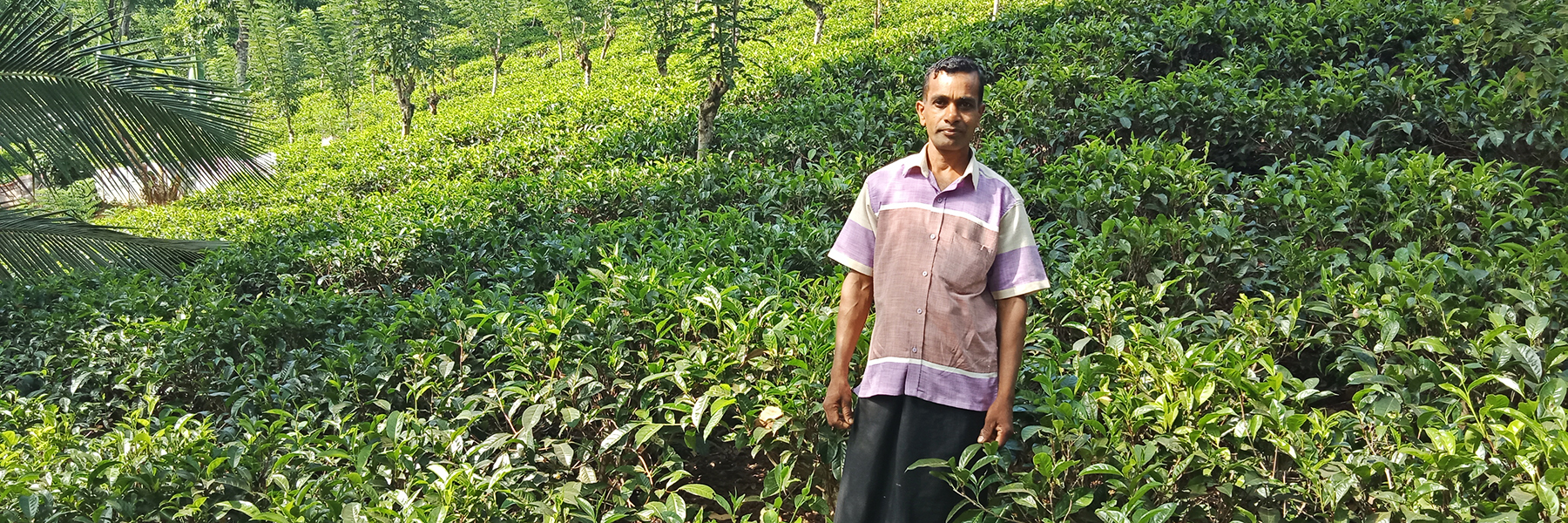Sri Lanka Overview of Conservation Approaches and Technologies (SRICAT) is the national information-sharing platform on Sustainable Land Management (SLM) of Sri Lanka.
SriCat was initiated in 2019 under the Rehabilitation of Degraded Agricultural Lands Project (RDALP) of the Food and Agriculture Organisation of the United Nations. RDALP operates in Kandy, Badulla and Nuwara Eliya districts in the Central Highlands and funded by the Global Environment Facility (GEF) from 2016-2021.
SriCat objectives?
Since there are large number of state agencies including ministries and departments that are responsible for managing land resources, land information vital for sustainable land management cannot be found in one place. SriCat facilitates all these agencies as well as private sector organisations and individual farmers to share their land information on one platform. This will support efficient sharing and use of land information in SLM.
SriCat promotes SLM through land information sharing, providing knowledge to support adaptation, networking, facilitating social learning, providing visibility to success stories of SLM.
Further, SriCat fulfills the target of the National Action Program (NAP) - 2015 – 2024 Combating Land Degradation in Sri Lanka to establish a knowledge management system and Land Resource Information System on SLM agreed by the Ministry of environment under the United Nations Convention to Combat Desertification (UNCCD).
Local partners
This common platform owns and operates by agencies that are responsible for sustainable land management in Sri Lanka, coordinated by the Ministry of Environment which is the focal point for the UNCCD.
Natural Resources Management Centre (NRMC) of the Department of Agriculture supports technical and maintenance aspects of SriCat.
Global linkages
SriCat also shares global knowledge and experience in SLM in local languages to the relevant officials and farmers and disseminate local knowledge and experience on SLM globally.
SriCat is linked to the World Overview of Conservation Approaches and Technologies (WOCAT) and collaborates with other similar organizations in countries.
Supporting Agencies
- Ministry of Environment
- Department of Agriculture
- Department of Agrarian Development
- Department of Land Use Policy Planning
- Department of Export Agriculture
- Department of Forest Conservation
- Department of Irrigation
- Department of Land Commissioner General's
- Department of Wildlife Conservation
- Meteorological Department
- Survey Department
- Natural Resources Management Centre
- Land Reforms Commission
- Disaster Management Centre

